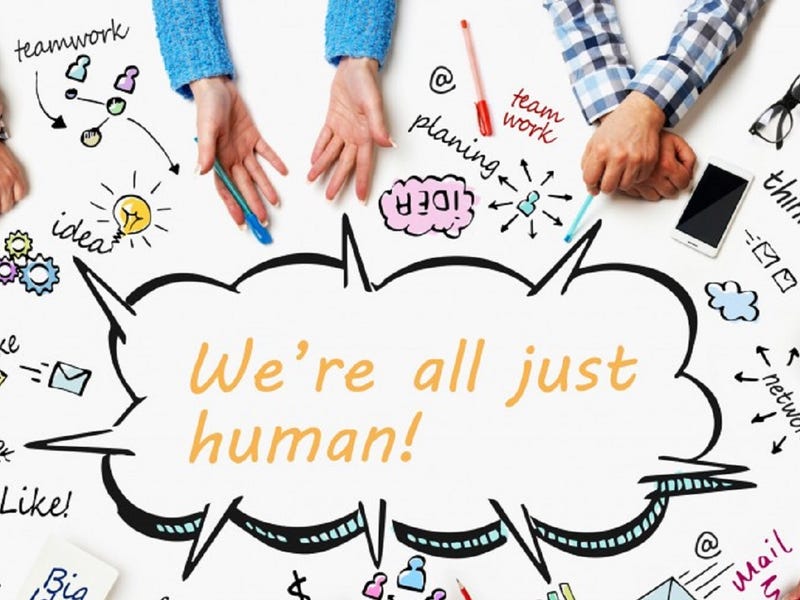Intercultural considerations in negotiations
Although words are an essential element of communication, they are not the only means by which we express ourselves. Culture immensely influences how people think, communicate, and behave. It also affects the kinds of dealings they make and the way they negotiate them. When negotiating in an international business environment, where language barriers often arise, we tend to rely more than usual on other elements of communication, such as facial expressions and physical gestures. As a result of cultural differences, however, this “non-verbal” communication can easily be misinterpreted.
In particular, negotiators need to make themselves aware of cultural differences in body language which have the potential to be ambiguous, confusing or even cause offense. Some of those cultural differences in non-verbal communication include:
1. Physical contact
In many countries, physical contact between business partners may be quite natural and acceptable, helping them to build a relationship and work together more effectively. For example, South Americans, French and Italians are more likely to make physical contact with one another (e.g. by placing a hand on a shoulder). In other countries, such as Japan, however, the same contact may make people feel awkward or uncomfortable.
2. Eye contact
Although it will often be seen as good manners and a sign of honesty to establish direct and consistent eye contact with a negotiating counterpart, it may be considered aggressive, intimidating, or even disrespectful, in other cultural contexts.
3. Personal space
Negotiators from some countries stand physically close to their counterpart because they find it easier to build rapport. Others may be uncomfortable with this style of communication and see it as a high pressure tactic.









